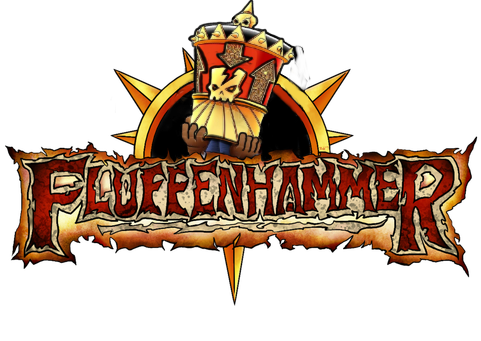Bloody Books Review: The Vulture Lord
Back in the mists of time, when Age of Sigmar was first unleashed onto the shelves, a host of tales to fill in the gaps were released alongside it. These, whilst serviceable, existed to introduce the Stormcast and to help along the transition, but it was not until The Hunt for Nagash that it truly hit it’s stride. When Soul Wars (AKA AoS2) came into being, the narrative style changed dramatically. Whilst the godlike level tales, as well as the Stormcast level demigod stories, remained, there was shift backwards, seeing the horror and majesty of the Mortal Realms from more human eyes, bringing such things to a ground level. It’s here that AoS flourished as a setting for novels, with such experiences as City of Secrets by C.L. Werner, Gloomspite by Andy Clarke, Dominion by Darius Hinks and Dark Harvest by Joshua Reynolds. This list can go on with Dynasty of Monsters, On Hallowed Ground, Lady of Sorrows. It is a simple change of focus, but it adds much needed weight and heft to tales of the Mortal Realms, to juxtapose the gigantic fantastic against the mundane lives of those who live there. When we start to use the idea of using these mortal viewpoints to explore the titled horrors of these experiences as Lady of Sorrows and Dynasty of Monsters have, we begin to explore the unimaginable in unsettling ways that refuse to leave the imagination.
The Vulture Lord continues these trend by bucking it. The viewpoint is a mortal one, but one that is embedded in the immortality of the Ossaich Bonereapers. We see the terror of Nagash but also the steps that would take someone there. We become embroiled by pointing fingers rather than solid explanation with much left out of focus for us as the reader to draw on. Make no mistake, this is not a complicated book, nor is is it knee deep in mystery, but the emotional resonance is felt rather than read, the true tragedy that leads to the final chapters rings out without ever being brought evermore to the centre stage. We have here a tale, simple in telling, yet with many layers to be considered.
As eluded to earlier, the narrative is a purposefully simple affair. Each year within the Shyish city of Lament a contest is held for the citizens of Lament to take the prize of being the vessel for the soul of the son of the Bonereaper King Zothar. One day, he will find a way to fully possess a body and be returned, but until then, the Games will be held once a decade and a new vessel will be chosen, and the last beheaded and his bones absorbed by Zothan. We follow Lycus, the current champion, in a first person view of being brought into Zothan’s Bonerepaer, raised as a flesh son in a dead city. Trained and raised as the Prince, he must follow the whims of his new father and lead the armies of the Bonereapers as directed, whilst rebellion brews under his nose and the Undead at his back mock his still-warm life.
There is more than Lycus’s point of view however, as the book shifts between his first person and the third-person telling of other characters. This is done deftly and seamlessly, with no whiplash confusion. both Lycus and Zothar are tragic figures, Lycus being broken by the abuse of living with the dead, wanting only to do his best and his best only ever bringing him more nightmarish turns to his life, and Zothar’s history bringing the weight of sympathy to a horror that blights the land without him ever devolving into a cartoonish caricature. Among this are the secondary characters such as Lycus’s childhood friend Selene and his mother, as well as a boy beaten in the contest and the fall from society that loosing brings to a person.
Richard Strachan has weaved a simple yet compelling tale that may not be the best entry point to the setting, but continues the trend of mapping the mortal realms as we continue along.

